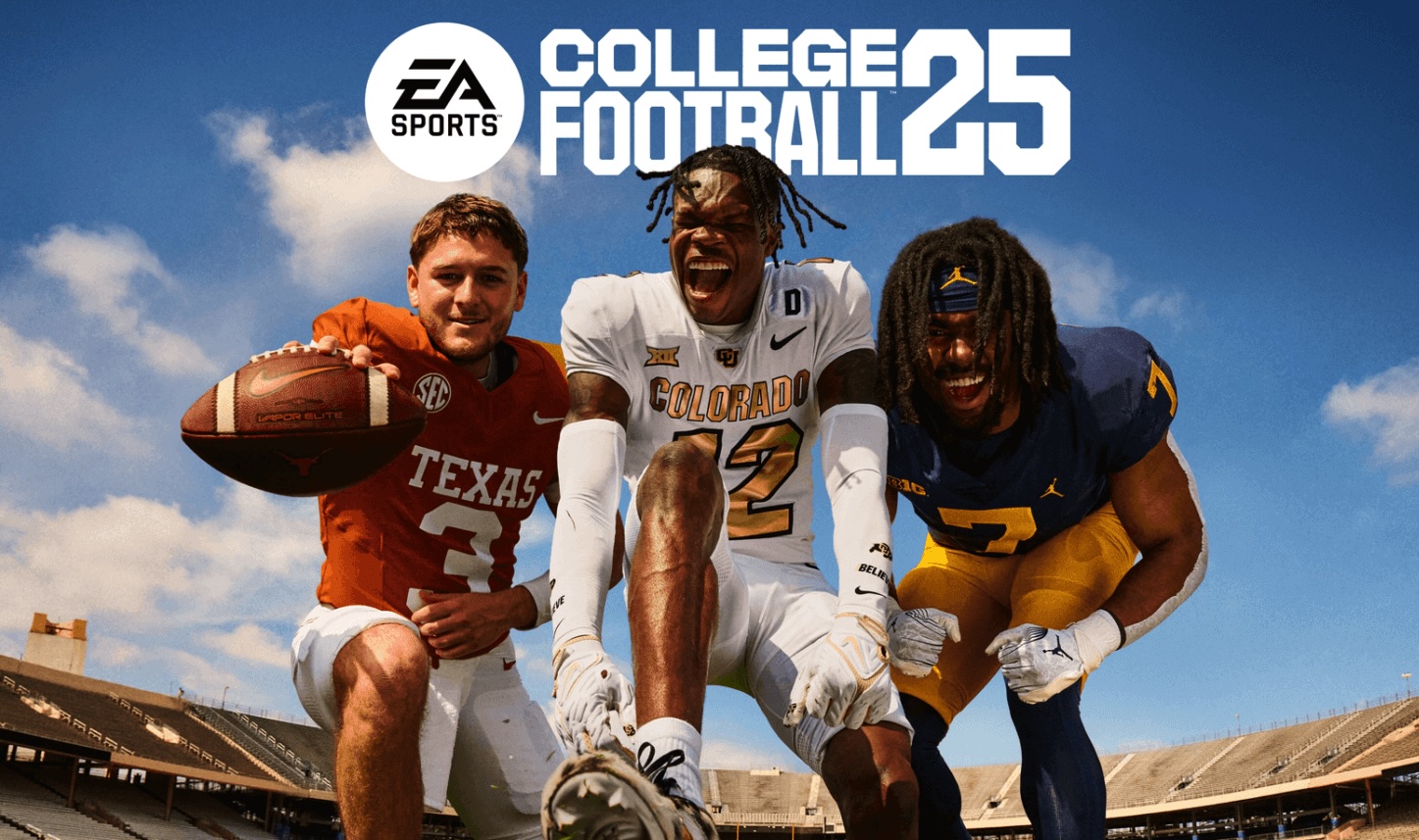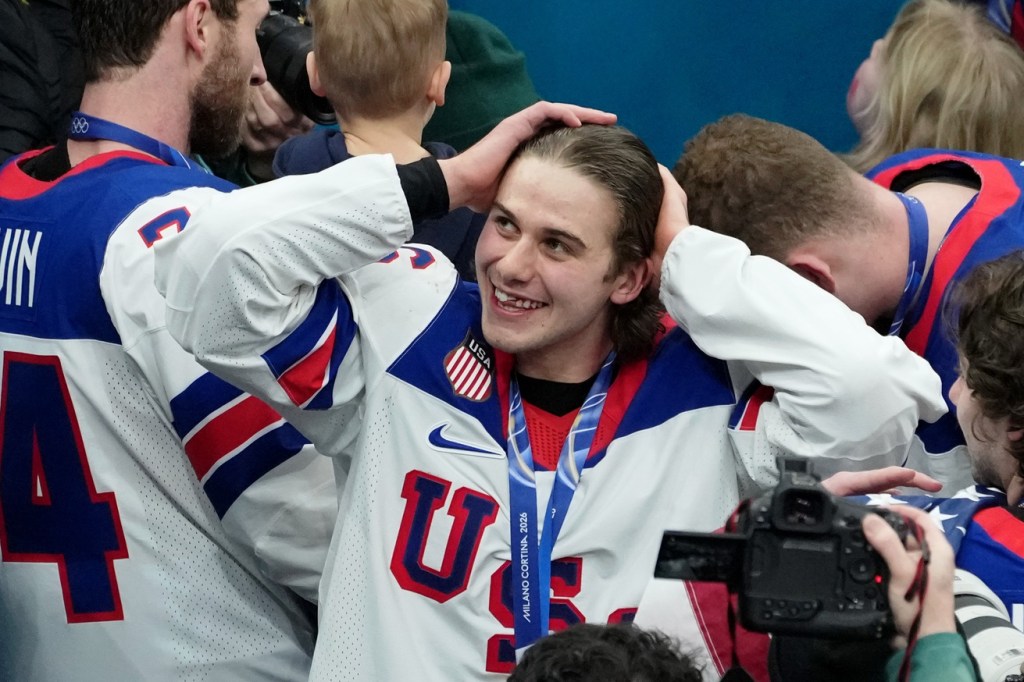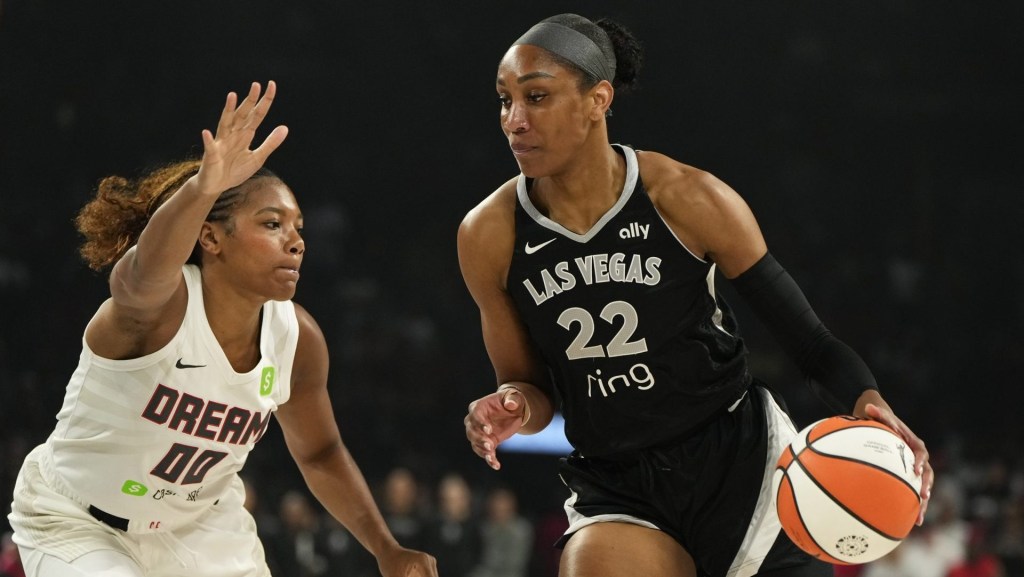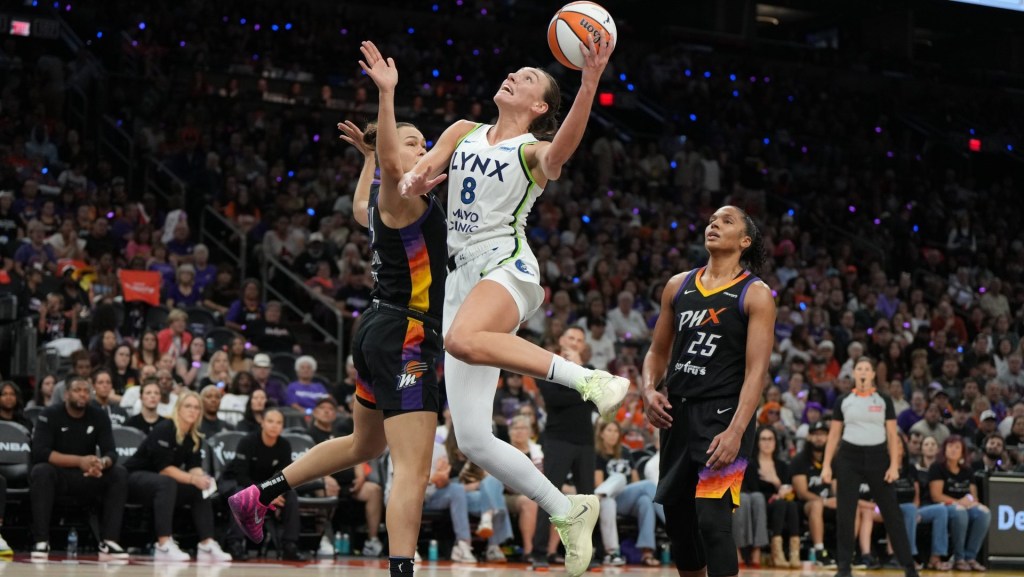For the first year of EA Sports College Football, released in 2024, EA Sports offered players one $600 flat fee and a free copy of the game. They received no royalties. The contract also included an “opt out” clause, allowing players to pull out of the game if they got a better offer from another video game company. (Some players who were more involved with marketing the game, and those who appeared on the cover, received extra payments.)
For next year’s game, EA is offering players $1,500— and still no royalties (as they did for 2025). But notably, EA deleted the op-out clause. (In an email to schools obtained by Front Office Sports, EA said that players could still opt out if they reached out to EA individually).
Now, OneTeam Partners, the organization working with EA to facilitate NIL deals for college football players to appear in the EA Sports College Football video game, is distancing itself from the newest contract EA is offering players, FOS has learned.
“OneTeam does not dictate the terms of the NIL agreements between college players and EA,” OneTeam said in a statement to FOS. “The decision to remain silent on the opt-out was EA’s unilateral choice. We continue to work with EA to influence its NIL License agreement, but these changes were implemented by EA.” The spokesperson added: “The higher payouts in this year’s title show the progress, but it’s not enough. We continue to advocate for meaningful revenue sharing for college athletes from all partners.”
It’s the latest wrinkle in a saga over who has the ability to negotiate the types of deals—like video games—that are handled by players’ unions in the pros.
OneTeam Partners negotiates group licensing deals on behalf of virtually all major sports unions, including NFL, MLB, WNBA, MLS, USWNT, and others. It was founded in 2019 by the MLBPA, NFLPA, and RedBird Capital (RedBird sold its stake in 2022). Currently, the company negotiates group licensing deals with companies on behalf of the players’ unions.
Since the NIL era began in 2021, OneTeam has facilitated group licensing deals in the college space, but is most well-known for its participation with EA. (OneTeam has since been part of an FBI probe into union leaders.)
OneTeam currently has a multi-year contract with EA to be the sole company allowed to facilitate deals on behalf of players. But because OneTeam doesn’t have a college athlete union to work with, the company serves as a liaison to connect players with EA, but does not negotiate on behalf of players. OneTeam advised EA on terms and helped players sign up for next year’s game, which they were able to do through an app created by Learfield, called Compass NIL.
Over the past few years, OneTeam touted its involvement as one of the key reasons why the popular game was able to return in the NIL era. (EA’s college football game was discontinued when a federal court ruled in 2014 that the NCAA and EA couldn’t use the name, image, and likeness of players in video games without paying them.) They did so despite being criticized heavily because the $600 deal without royalties was considered below industry standard. OneTeam itself had negotiated lucrative royalties for professional athletes appearing in other video games, including Madden NFL. The lack of royalties became even more egregious when news came out that the video game was on track to become one of the top 50 most popular games of all time.
Now, OneTeam isn’t just refraining from claiming bragging rights—it’s distancing itself from EA’s terms altogether.
EA revealed changes to its player agreement to OneTeam in late August, a source familiar with the negotiations told FOS. OneTeam and other groups objected to the terms—specifically the lack of an opt-out clause and the lack of royalties, the source said. But because OneTeam isn’t operating on behalf of a players’ union, like it does in the pros, it didn’t have the power to stop EA.
EA went on to distribute the contracts to players, the source said. OneTeam was required to distribute the communications, however, which is why they arrived via OneTeam’s email, despite their objections.
In an emailed response to FOS, an EA spokesperson denied that OneTeam objected to the terms before EA sent them to players, but declined to give additional details or comment further.
The unfavorable terms for players ultimately derive from the fact that players don’t have a union, Jason Stahl, executive director of a college football player advocacy organization called the College Football Players Association, tells FOS. “The reason why we have this ecosystem of problems is that players are still being treated like children. They don’t have a union. So they’re not getting what NFL players would get from a similar video game deal.”
At this point, players have a choice if they want to appear in EA College Football next year: Take the $1,500 deal or leave it.




![[Subscription Customers Only] Jul 13, 2025; East Rutherford, New Jersey, USA; Chelsea FC midfielder Cole Palmer (10) celebrates winning the final of the 2025 FIFA Club World Cup at MetLife Stadium](https://frontofficesports.com/wp-content/uploads/2026/02/USATSI_26636703-scaled-e1770932227605.jpg?quality=100&w=1024)












